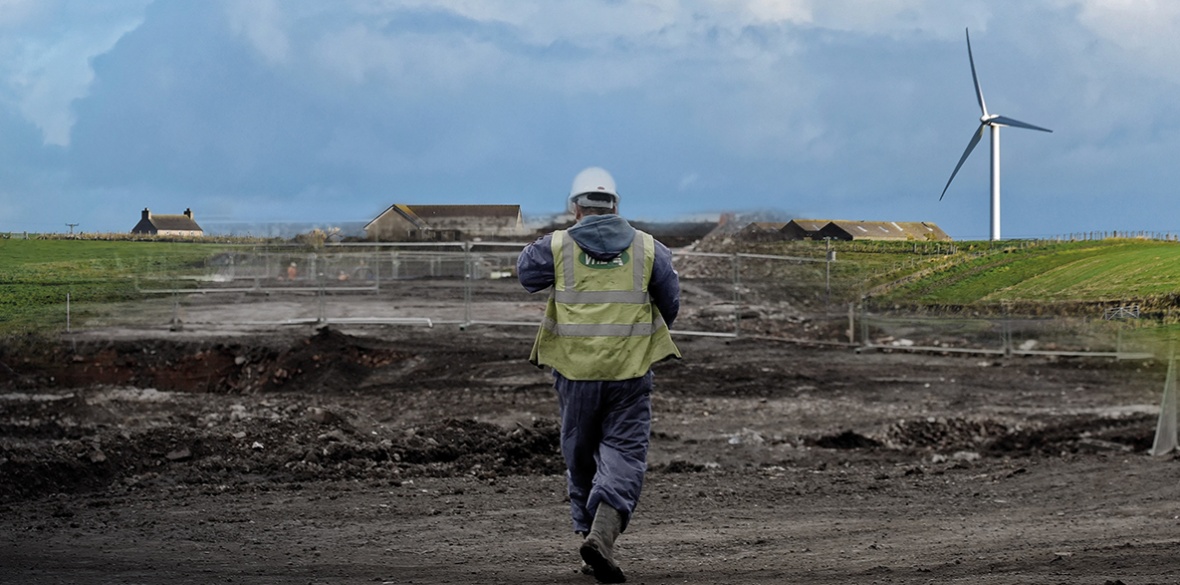This is the last article you can read this month
You can read more article this month
You can read more articles this month
Sorry your limit is up for this month
Reset on:
Please help support the Morning Star by subscribing here
THE THEME of the 2021 Scottish Trade Union Congress was once again based on its People’s Recovery manifesto. The focus was on carrying forward its three stages: Immediate — response to the crisis; Action — the People’s Recovery; Vision — a Scotland Fit for the Future.
Scotland’s trade unionists have come through a grim winter with the impact of the Covid-19 pandemic hitting working-class people the hardest.
We have seen the premature deaths of the elderly, especially in care, the economic disaster inflicted on our youth with precarious work or indeed no work and employers exploiting the situation to fire and rehire — or just fire.
Activists in the workplace have been under the cosh trying to implement health and safety rules and keeping members safe physically and mentally.
This year’s Congress therefore looked forward to building a “new normal” which recognises, values and rewards those who really are key in society, that is, those who produce the goods and services that we depend on daily to live our lives.
But it was also recognised that immediately we will face a jobs crisis and this can only be addressed by a rebuilding of our economy. As the STUC general secretary Roz Foyer said in her introduction, this requires “greener industry, more high-quality jobs, investment in public services and significant state intervention.”
The general council is now committed to lead a three-pronged campaign: action on pay, action on care and action for jobs.
Because of the restrictions on time facing this year’s online conference, the debates were based around substantial composites, amended motions and emergency motions — many expressing solidarity with workers currently in struggle.
Congress also took place in the run-up to the Scottish parliamentary elections on May 6 which have been dominated by the constitutional issue.
So Composite K and the general council statement on Scottish self-determination was significant.
The agreed position was the right of self-determination and that the decision on any independence referendum should be that of the Scottish Parliament. Congress called for the organised working class to lead and influence this debate on Scotland’s future.
The Congress agreed to establish a working group to examine a range of constitutional proposals including independence and devo max, the term given to having a third option on any independence ballot.
The composite and statement was an attempt to ensure the maximum unity possible over an issue that divides the movement as it does the country.
Composite L contained an important statement on the Internal Market Act which “has amended the devolution statutes… To take back powers devolved to provide financial aid to industry. This is clearly to ensure that through The EU (Future Relationship) Act, the Tory government in Westminster will be able to replicate the restraints on state ownership and state intervention previously embedded in EU treaties and regulations.”
This extract highlights the concerns among some activists over the STUC’s close relationship with the Scottish government. The SNP want to take Scotland back into the neoliberal European Union with all that it entails including its restraints on any significant public ownership.
While of course the STUC has a lobbying role with government, the relationship has been described as “chummy” — with a government which, despite the rhetoric, is no friend of working people.
The SNP record on Covid has been as bad as the Tories’ with 10,000 Covid deaths, the care home scandal and a failure to respond quickly to the pandemic — although their presentation was better than Johnson’s (which, let’s face it, would not be hard).
After well over a decade in government the SNP have undermined democracy through their centralisation of services and implemented Tory cuts with barely a whimper of protest. Tens of thousands of jobs have been lost.
The SNP-run Glasgow City Council has just announced substantial closures of Glasgow Life Services as a result of a £15 million budget cut passed with the help of the Greens.
The Scottish government’s top-down “partnership” approach has done nothing. Its failing Fair Work Convention is more than half way through its shelf life and has no chance of achieving its stated aims by 2025.
However, there is much that is positive to take out of the Congress. Despite the above criticisms, the analysis and the radical campaigning plans in the documents, along with the resolutions passed, are well worthy of support.
Action to strengthen trade union councils and the call for political education in the movement are especially welcome.
But these positives do seem at odds with the close relationship with a government which is anything but progressive — indeed, a government which will need to be taken on if the STUC programme is to be achieved.
However, it is worth mentioning the strong performances of the two leading trade unionists at the Congress, this year’s president Mary Senior and general secretary Foyer in her first Congress. There does seem to have been a gear change since Foyer’s appointment.
As always these policies will only come to fruition if we build and organise in the workplace and community. Building working-class organisation and political consciousness is sorely needed in Scotland when so many of our peers are fixated on a fake independence as an escape from Tory rule.









